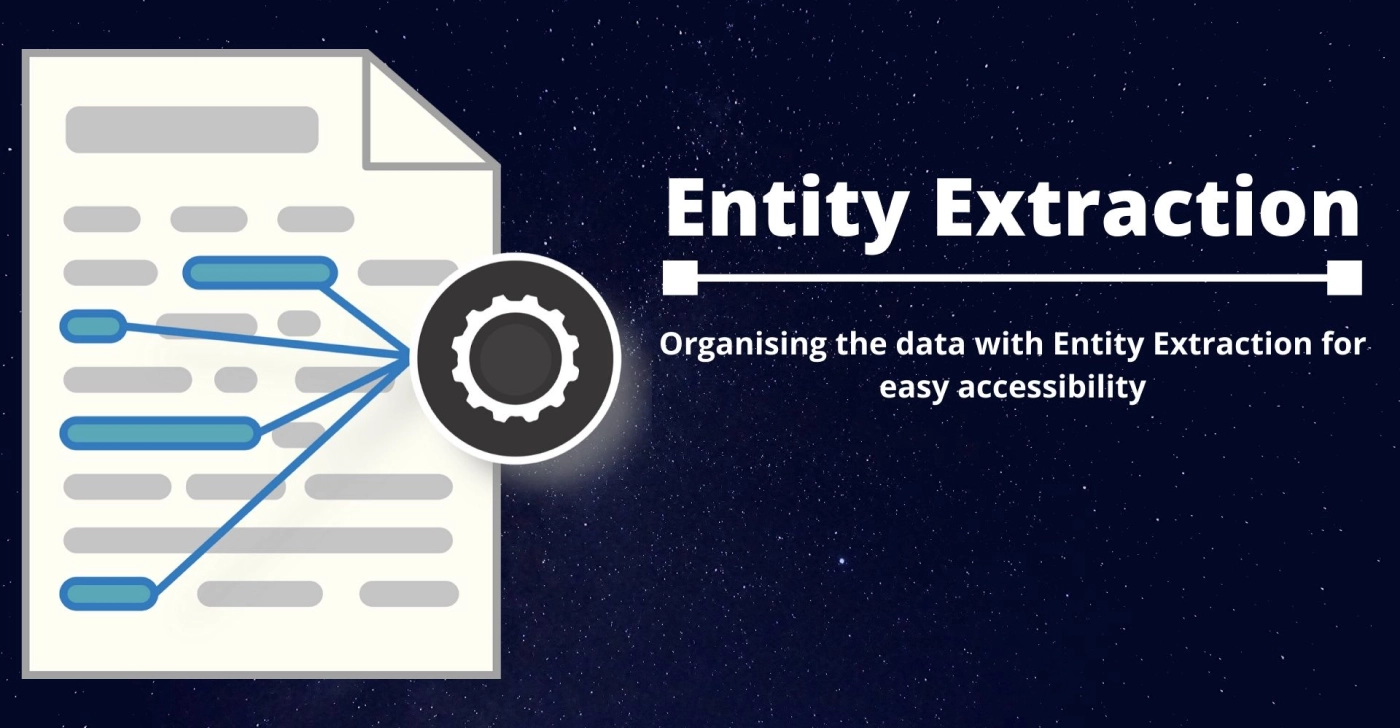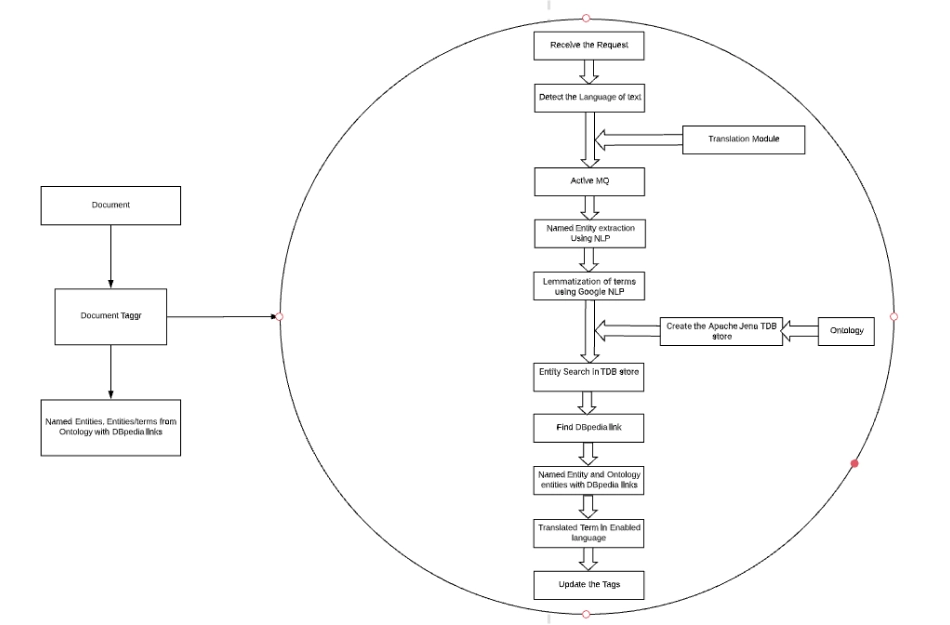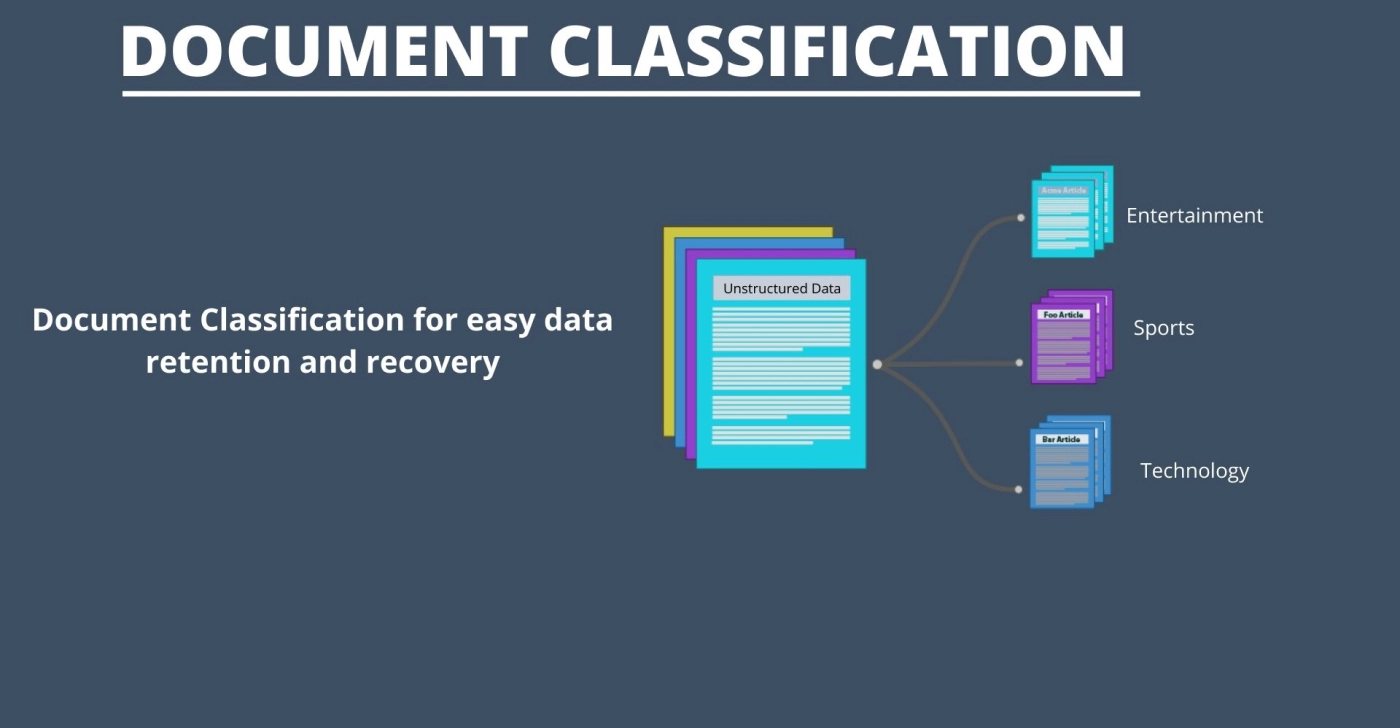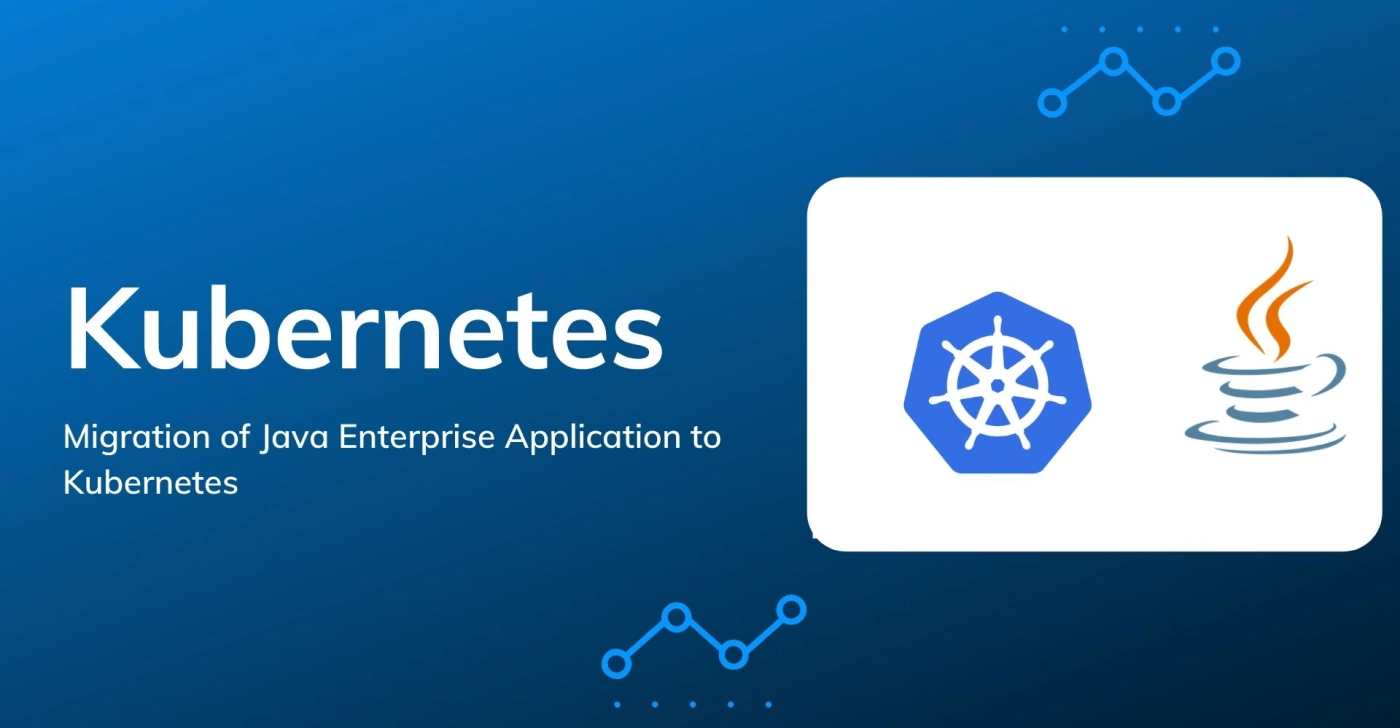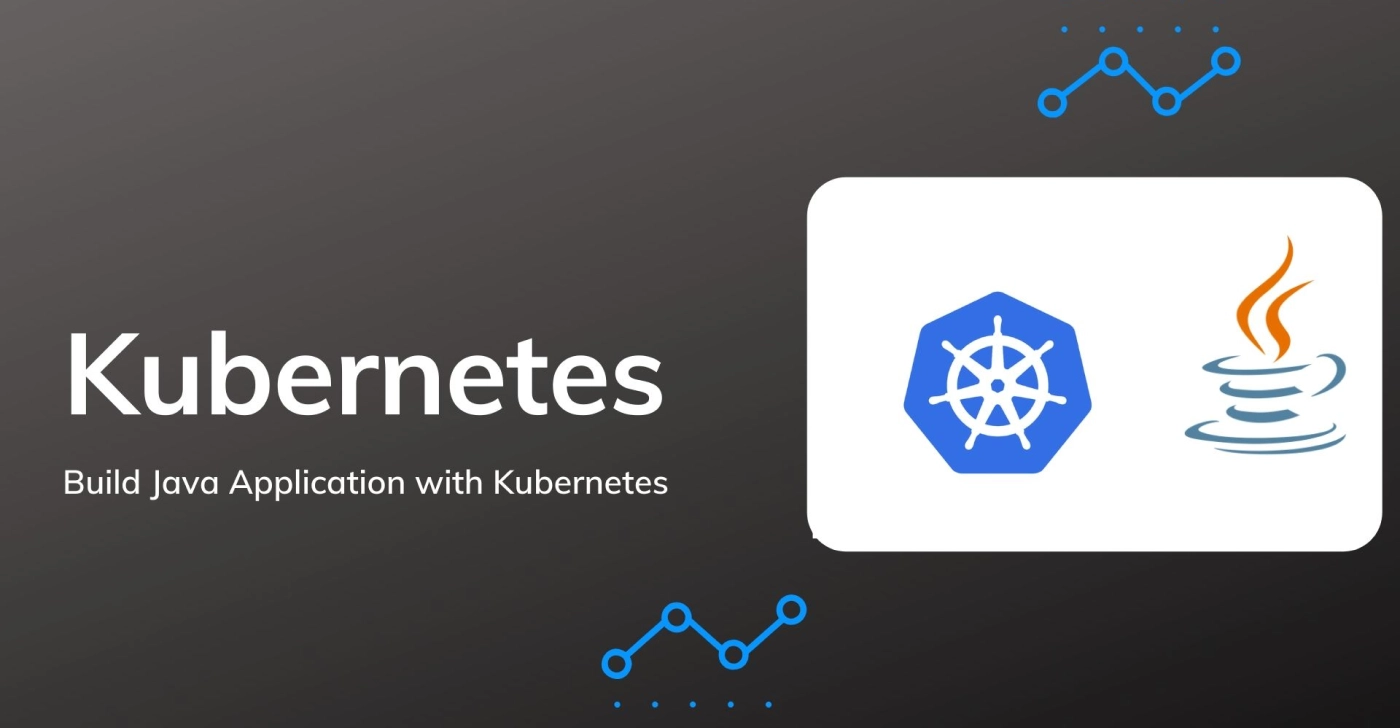About the client:
The Client is a US-based organization, working in the Knowledge management area. The majority of their work is on cloud platforms.
Challenges :
Being into the Knowledge management industry the client deals with huge data each day.
There are a number of documents to be maintained and managed.
The existing data needed to be well organized so that it can be accessed easily.
New data has to go into the system into the managed format avoiding repetitive tasks.
- Organizing unstructured data.
- Higher manual efforts in retrieving the useful data.
- Searching for the data.
The client required a solution for organising the data with entity extraction, reducing manual intervention, and improving accessibility.
Our Solution:
The client appointed LogiQuad to study the existing system and design an enterprise knowledge management application capable of handling their data challenges.
After analyzing their data patterns and frequency, LogiQuad proposed building an NLP-based knowledge management application that processes plain text requests through APIs and services, returning responses in JSON format.
Once the application receives a text request, it detects the language of the text and forwards that request to Google NLP for further processing. It uses the Google NLP service to generate named entities and common nouns from the content, essentially organising the data with entity extraction to make it more structured and usable.
After getting named entities from Google NLP, it sends those terms for lemmatization. Lemmatization is the process of grouping inflected forms together as a single base form.
This system uses these lemmatized entities for further processing. We have created a domain-specific ontology file and built a triple store using Apache Jena. Apache Jena is an open-source Java framework for Semantic Web and Linked Data applications. It offers RDF and SPARQL support, an Ontology API, reasoning support, and triple stores. It also uses the DBpedia API to generate DBpedia entities for named entities.
The application further leverages the Google Translation API to translate these entities into the required languages, making the knowledge management application versatile and accessible to a global audience.
Architecture:
Business Benefits:
LogiQuad’s solution significantly enhanced the client’s content and document management system by organising the data with entity extraction. Key business outcomes achieved:
- Increase in productivity/throughput through automation.
- Reduced manual search and data organization efforts, freeing employees’ time.
- High accuracy in tasks due to system-driven processing, reducing human error.
- Faster access to information, enabling users to retrieve insights with just a few clicks.
- Operational cost savings through reduced man-hours and automated workflows.
- Scalable, enterprise-grade knowledge management platform ready for future growth.
